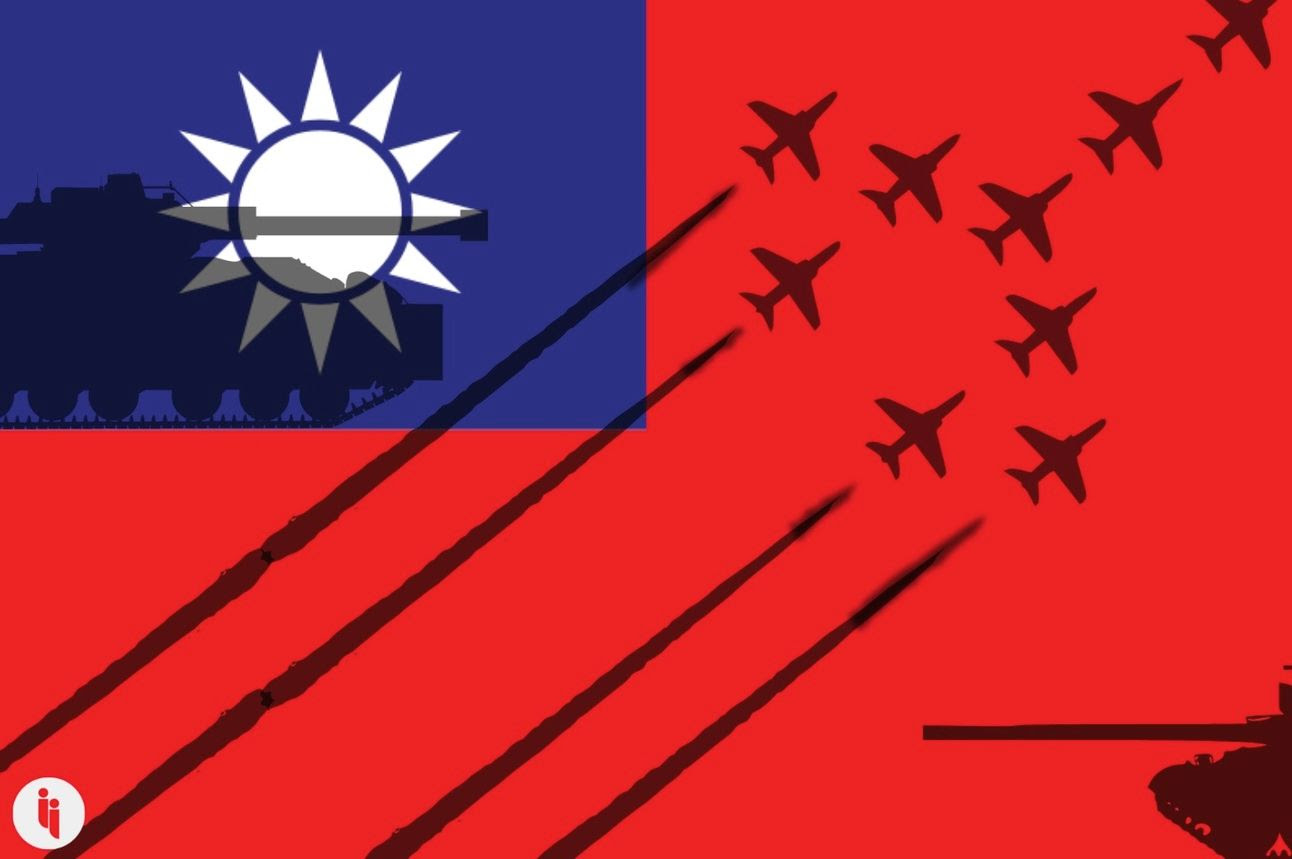Our co-founder Helen participated in a war game in Taiwan earlier this month (that’s not a sentence we type often).
What’s a war game? The details vary, but war games are basically table-top exercises that simulate aspects of warfare to try and explore future possible scenarios. Some games literally involve standing around a big map and moving pieces around, like a board game (or a WWII movie).
What were the key findings from this war game?
Stay on top of your world from inside your inbox.
Subscribe for free today and receive way much more insights.
Trusted by 129,000+ subscribers
No spam. No noise. Unsubscribe any time.
- 🕊️ Peace remains Taiwan’s top priority, but it’s still focused on retaining a military edge
- 🚚 Taiwan believes it’s prepared for war with China, but this is based on assumptions like resolute US support, and that China would attempt an amphibious attack on its flatter western shore (Taiwan’s east is ~80% mountainous)
- 🕵️ For its part, China has other options to co-opt Taiwan, like cutting off the island’s submarine cables or energy supplies, and/or infiltrating Taipei politically
There are also a few wildcards:
- 👨💻 Taiwan is the global leader in nanoelectronics, but 60% of its exports go to China. This risk of a mutually-assured meltdown complicates calculations on both sides of the strait
- ✊ Also, Taiwan’s people increasingly support independence, though one ex-general in the war game queried their motivation levels and got a laugh with this line: “If you ask young Taiwanese to fight for their country, they might. But if you ask them to fight for their UberEats, then they definitely will.“
In parallel, Taiwan is looking to build its resilience
- 🛰️ Some folks there are working towards satellite autonomy to ensure the island can remain online in the event of war, and
- 🦔 The US has been coaxing Taiwan towards an asymmetric ‘porcupine-style’ defence for years, with mixed results.
Helen’s take: When folks talk about ‘the Taiwan issue’, they often focus on the US-China angle and can end up neglecting Taiwanese voices. So this war game was a way to hear those voices directly, expressing everything from military bravado and defiance, through to doubt and fear.
But there were still Taiwanese voices missing (I was one of very few young/female delegates in the room). And the entire exercise was conducted in Mandarin, showing the importance of language skills in the region still. Intriguers, it’s never too late to learn a language.








